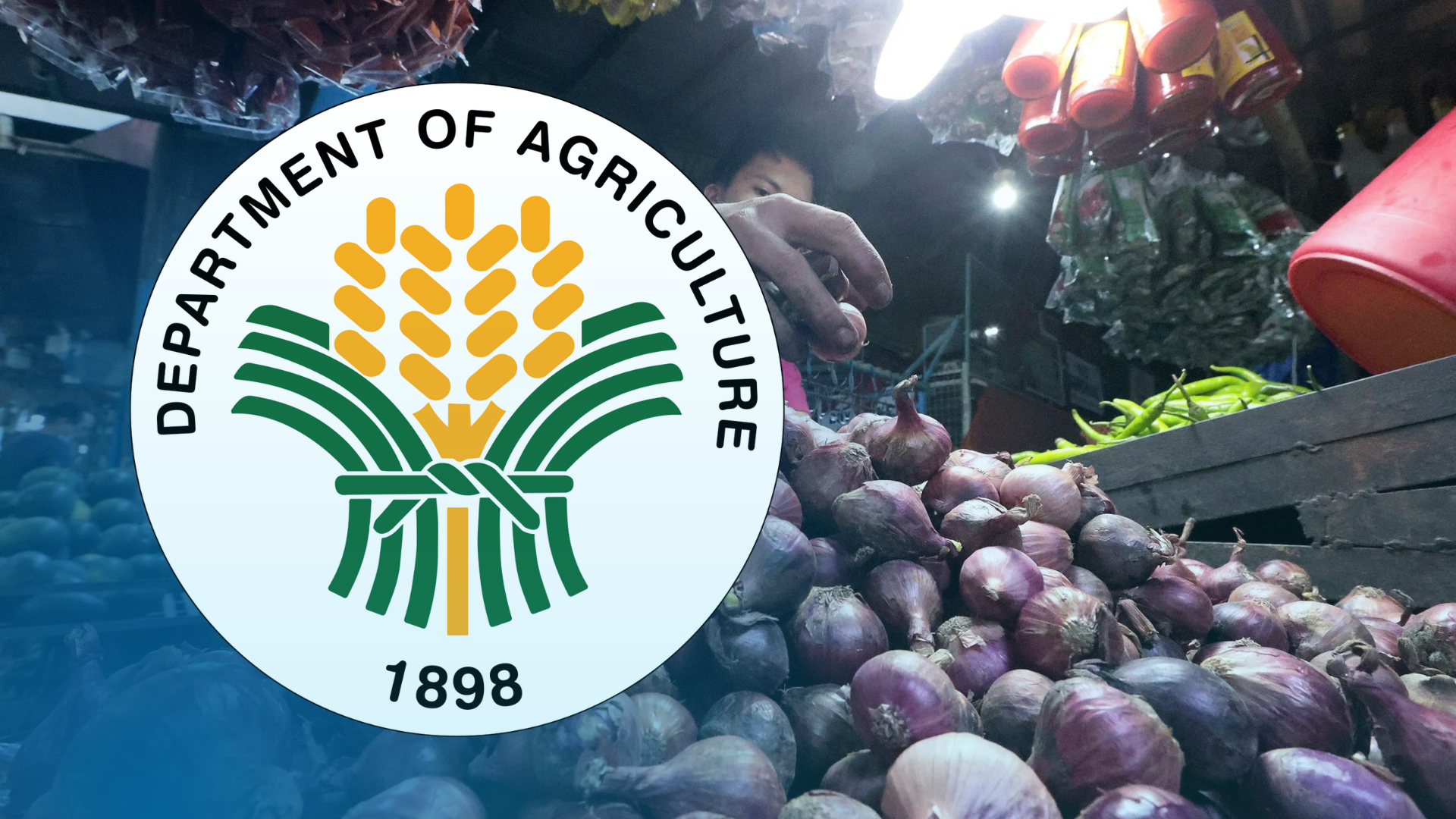DA must help in DepEd feeding program

Department of Agriculture and onion
MANILA, Philippines — If the Department of Agriculture (DA) significantly increases its involvement with the Department of Education’s (DepEd) school feeding program on a national scale, the improvement of our currently dismal education levels will be attained.
This was the conclusion reached last Dec. 2 at a meeting organized by ADMU 616569 Foundation with DepEd Assistant Secretary Dexter Galban and his school-feeding program team.
The budget for this program has increased significantly from P11 billion in 2023 to P16 billion this year. An expected 2025 budget increase makes it imperative that we look at this program closely to maximize its potential.
3 recommendations
The ADMU 616569 Foundation has spent more than P10 million to feed at least 3.5 million schoolchildren. Since they had worked with others successfully in lobbying for a much larger feeding program budget, they wished to contribute action recommendations based on their experiences through the years.
In a meeting with Galban last year, they discussed findings from Ateneo de Manila University and Xavier University, both members of the United Nations Sustainable Development Solutions Network.
Three recommendations were agreed upon:
- (1) systematic monitoring to also measure academic achievement
- (2) the involvement of the Department of Health for nutrition, as well as the concerned local government unit for support
- (3) an appointed school coordinator who would be responsible for the overall feeding program monitoring and management
In the follow-up meeting this year, it was noted that much progress has been made. But a key point raised was that not only should hunger be decreased, but most importantly, the learning level should also be increased.
Today, Filipinos are known as an educated and skilled global workforce. That is why we are in great demand abroad. However, this may fast be disappearing. Very soon, we may lose our jobs abroad to other nationalities. We cite here two recent studies on our deteriorating educational situation—one with 10-year-olds, the other with 15-year-olds.
Studies
According to AI Overview, “The Philippines has a high rate of learning poverty, with the World Bank reporting that 91 percent of 10-year-old Filipino children are unable to read and understand a simple text. The Philippines ranks at the bottom of Asean countries for education poverty.”
According to our Congress Budget Policy and Research Department, “One indication of the country’s state of basic education is our performance in the Program for International Student Assessment. This showed the dismal bottom ranking of the Philippines—78/78 in 2018 and 77/81 in 2022.” This study covered 15-year-olds in mathematics, science and reading.
Aside from our decreased teacher quality, poor nutrition was identified as a major reason for this education decline. AI Overview continues, “Poor access to health food leads to poor cognitive function and an inability to retain new information.”
Access to food
The key issue is access to health foods. The DA must play a key role in this, especially in helping DepEd’s Gulayan sa Paaralan program (GPP). DepEd director May Eclar said, “GPP serves as an eye-opener on the significant import of agriculture to human well-being for its nutritional value, as well as the economic benefits. This will enhance academic performance through proper nutrition obtained from the vegetables from the school, home and community.”
In this area, the DA must work with DepEd extensively on a nationwide scale. This affects both educational attainment and food scarcity. The source of the food DepEd supplies should come primarily from the farmers in the community, not imported or from faraway places.
The DA should help these farmers in production technology, financing and marketing. Assistance should be given so that they sell their produce through the Sagip Saka program under a law authored by Sen. Francis Pangilinan. This eliminates many bureaucratic requirements that have in the past prevented the farmers from providing the abundant food necessary for the feeding program. This is a huge market that our farmers will largely benefit from.
With increased DA involvement in the DepEd feeding program, our decreasing learning levels will be reversed. This will mean increased jobs, less poverty and the restoration of our reputation as a leading global workforce.
The author is Agriwatch chair, former secretary of presidential flagship programs and projects and former undersecretary of the Department of Agriculture and the Department of Trade and Industry. Contact is agriwatch_phil@yahoo.com

